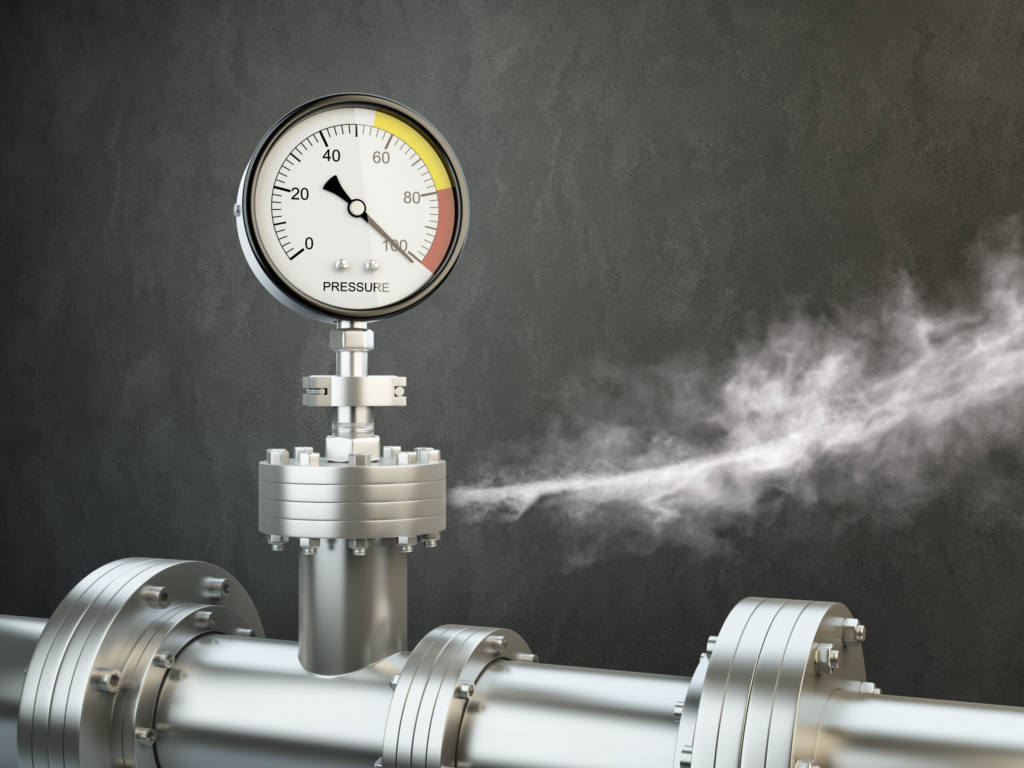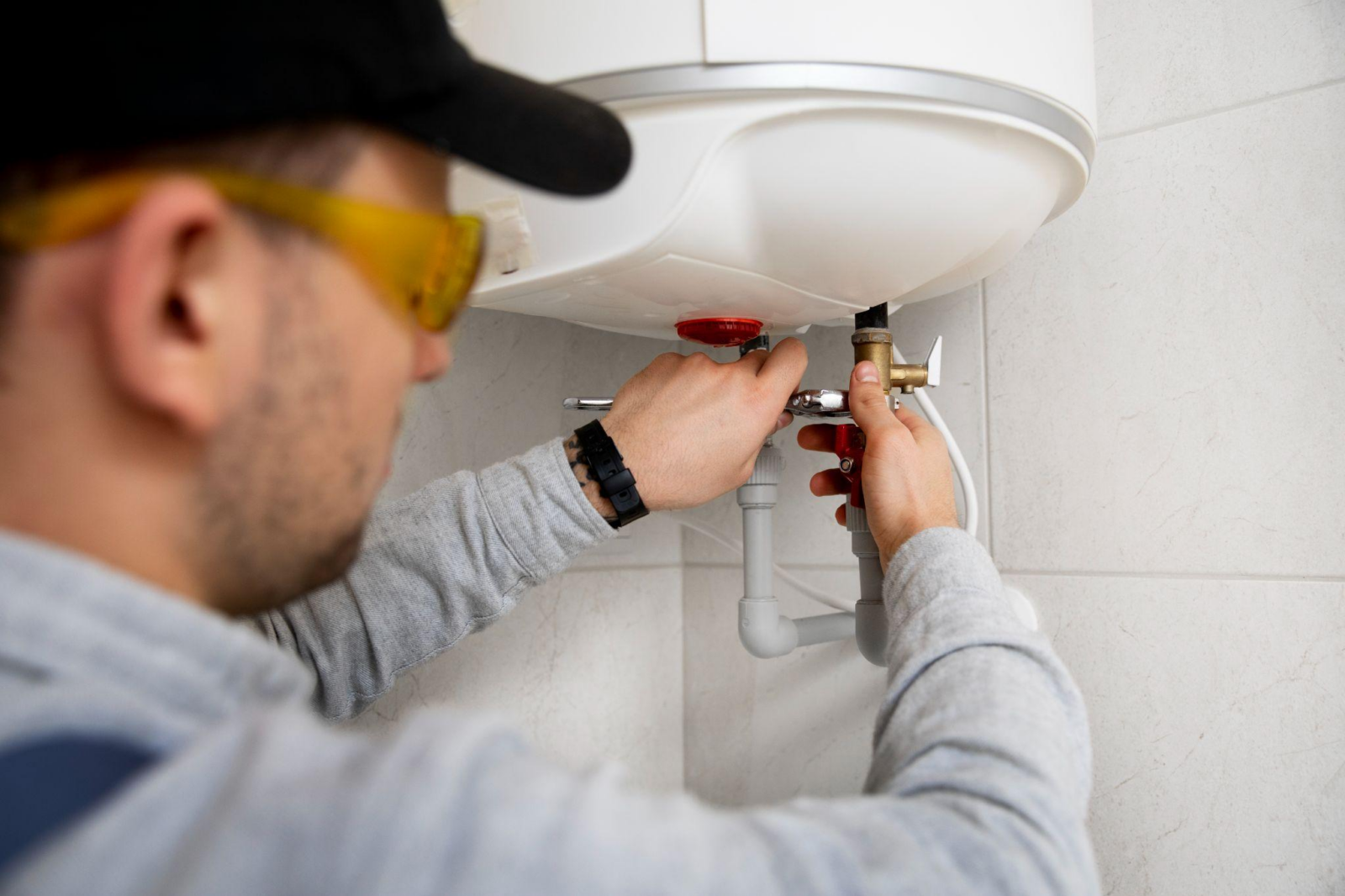Gas boilers are essential in every UK home to provide heating and hot water. But they can pose risks if not properly maintained. One of the most serious concerns is a gas leak, which can have potentially hazardous consequences.
In this blog, we’ll explore the signs, causes, and boiler repair solutions. Detect and defend gas leaks in boilers with expert gas boiler repairs and stay safe.
Understanding Gas Leaks in Boilers
Gas leaks in boilers occur when natural gas escapes from the appliance. Natural gas is highly flammable and may lead to severe health and safety risks if inhaled or ignited. Therefore, prompt detection and addressal gas leaks is crucial to prevent accidents, injuries, and property damage.
Read Also:- WellHealth How to Build Muscle Tag
Signs of a Gas Leak
Boiler gas leaks can be a significant hazard to public safety and health. Prompt recognition and response to gas leaks are essential for mitigating the risk of accidents and other serious incidents. Some signs of a gas leak include –
● Unusual Smell: Natural gas is odourless, but gas companies add a distinctive odourant called mercaptan to help detect leaks. If you notice a strong, unpleasant odour like rotten eggs or sulphur, it could indicate a gas leak.
● Hissing or Whistling Sounds: A leaking gas pipe or connection may produce hissing or whistling sounds. If you hear unusual noises near your boiler or gas pipes, it’s a must to investigate further to rule out a gas leak.
● Visible Damage: Inspect your boiler and gas pipes for any signs of physical damage, such as cracks, corrosion, or loose fittings. Damage to the appliance or surrounding infrastructure can contribute to gas leaks.
● Dead Plants: If plants near your boiler or gas pipes appear wilted, discoloured, or fading, may indicate a gas leak contaminating the soil and affecting plant health.
● Health Conditions: Exposure to natural gas can cause health hazards like headaches, dizziness, nausea, fatigue, and difficulty breathing. If you or your family members experience these symptoms, evacuate the place immediately and seek emergency medical attention.
If any of these signs are detected, fast evacuation of the area is recommended. Turn off the gas supply line and call the emergency services immediately to address the situation.
Causes of Gas Leaks
Gas leaks can occur for various reasons. Faulty equipment, poorly maintained pipelines, human errors, and natural disasters are a few most common causes. These leaks can significantly threaten public safety and the environment, leading to fires, explosions, and health hazards. It is essential to take preventive measures for gas boiler repairs to minimise the risk of gas leaks.
● Faulty Installation: Improper installation of the boiler or gas pipes can lead to leaks over time. It’s essential to hire qualified professional gas engineers or boiler installers for installation and ensure compliance with safety regulations.
● Wear and Tear: As boilers age, seals, gaskets, and valves may degrade or deteriorate, increasing the risk of leaks. Routine maintenance and servicing can help identify and address wear and tear issues before they escalate.
● Corrosion: Corrosion of metal components within the boiler or gas piping system can weaken the structure and create openings for gas to escape. Corrosion may result from exposure to moisture, chemicals, or environmental factors.
● Poor Ventilation: Inadequate ventilation around the boiler can cause gas buildup, leading to leaks or carbon monoxide poisoning. Ensure proper ventilation is maintained to allow for the safe combustion of natural gas.
Conduct regular inspections to detect and handle potential issues proactively. Further, if you suspect a gas leak, inform the relevant authorities at earliest to prevent mishaps.
Solutions for Gas Leaks

Gas leaks are dangerous and potentially life-threatening. It is crucial to address any suspected gas leaks immediately by taking appropriate measures to prevent any further damage or harm.
● Evacuation: If you suspect a gas leak, evacuate the premises immediately and avoid using electrical devices, open flames, or anything inflammable. Call the National Gas Emergency Helpline (0800 111 999) or your gas supplier for assistance.
● Professional Inspection: Contact a qualified gas engineer or heating specialist to inspect your boiler and gas piping system for leaks. They have the expertise and equipment to detect and repair gas leaks safely.
● Gas Leak Detection and Repairs: Invest in professional gas leak detection and boiler repair services to identify and address leaks promptly. Qualified technicians use specialised equipment, such as gas detectors and leak detection solutions, to pinpoint the source of leaks and perform necessary repairs.
● Preventive Maintenance: Schedule regular maintenance checks for your boiler to prevent gas leaks and ensure optimal performance. A certified engineer can inspect, clean, and service your boiler to identify and address potential issues before they escalate.
We recommend periodic professional inspections to identify issues early and mitigate the associated risks.
Read Also:- MileageWise
Conclusion
Gas leaks in boilers pose serious threats to homeowners in the UK, including safety hazards, health concerns, and property damage. Recognising the signs of a gas leak, understanding the causes, and taking proactive measures are essential for protecting your home and family. Investing in gas leak detection and repairs can provide peace of mind and ensure the safe operation of your heating system.
Don’t wait until it’s too late—prioritise the safety of your home and schedule a professional inspection today.















Leave a Reply